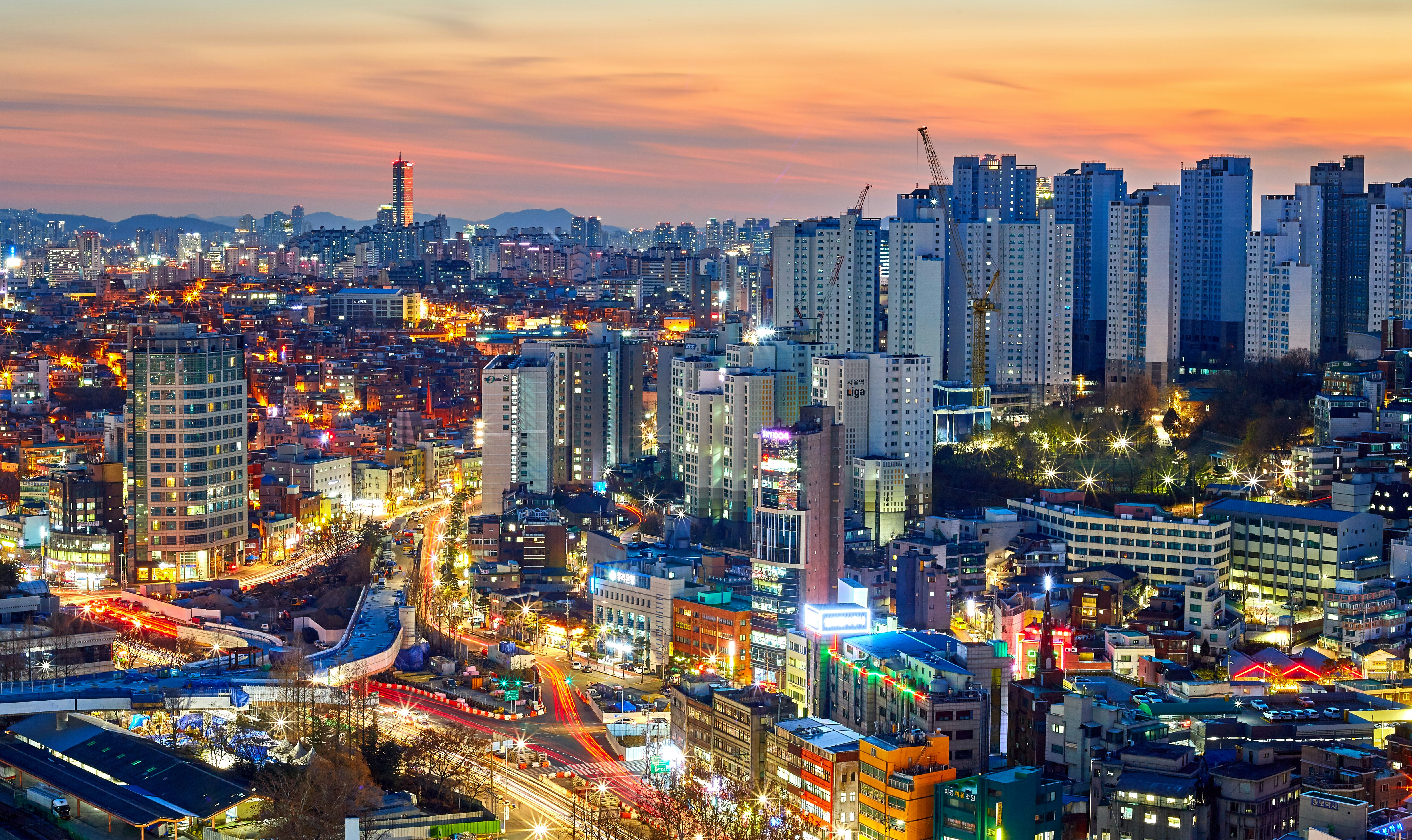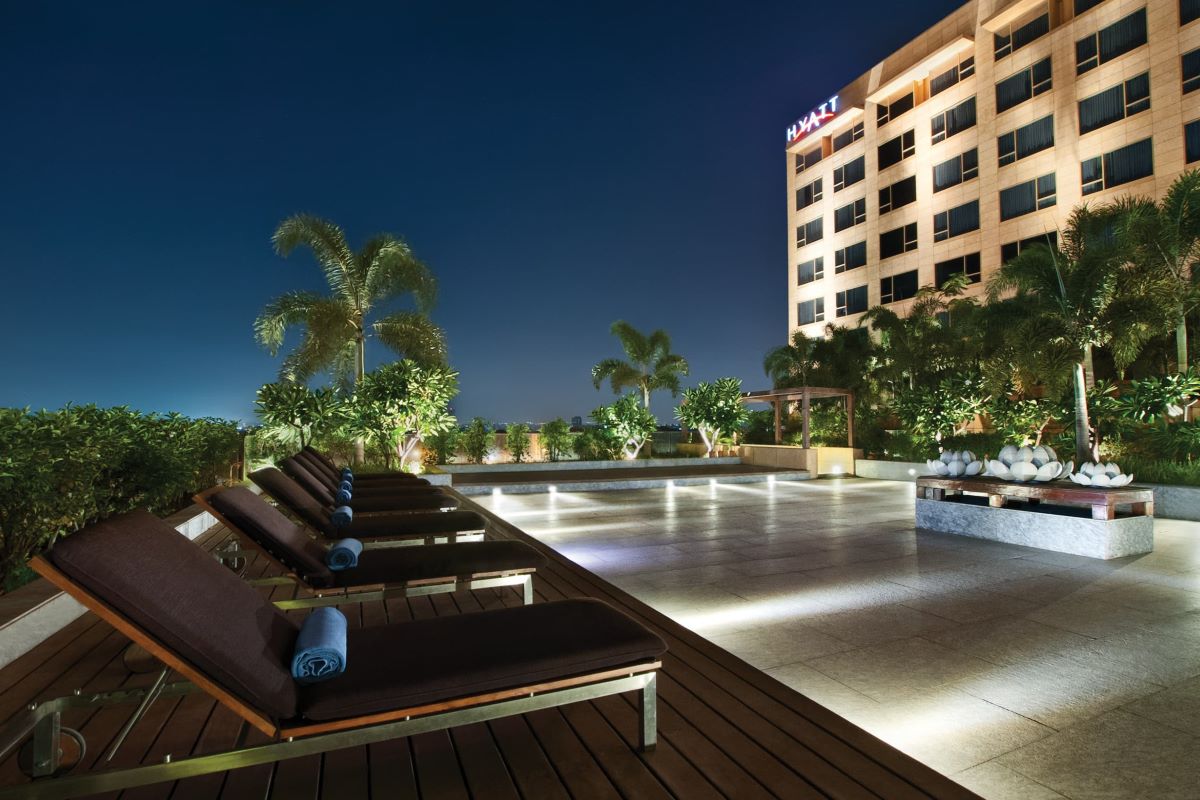How to survive Beijing's terrible air pollution
Skift Take
@TravelWireAsia
Heading to Beijing? Check out these tips for dealing with the city's heavy pollution: http://t.co/LH3iUmkK
No one would ever accuse Beijing, China of being a clean city. Spit, urine, fecal matter and trash are not uncommon to see blobbed on sidewalks and the smell of sewage pervades pockets of the city. More disconcerting than any of that, however, is the air pollution, which has lately made the city look downright apocalyptic. A smog blankets the city, clinging so close to the ground that it’s difficult to see past more than a few blocks away. As this author writes, Beijing’s air quality index, or AQI, stands at a filthy 262, or “Very Unhealthy (at 24-hour exposure levels).” Beijing’s air pollution is made up of dust and harmful chemicals from factories and engines that can cause health problems after sustained exposure.




